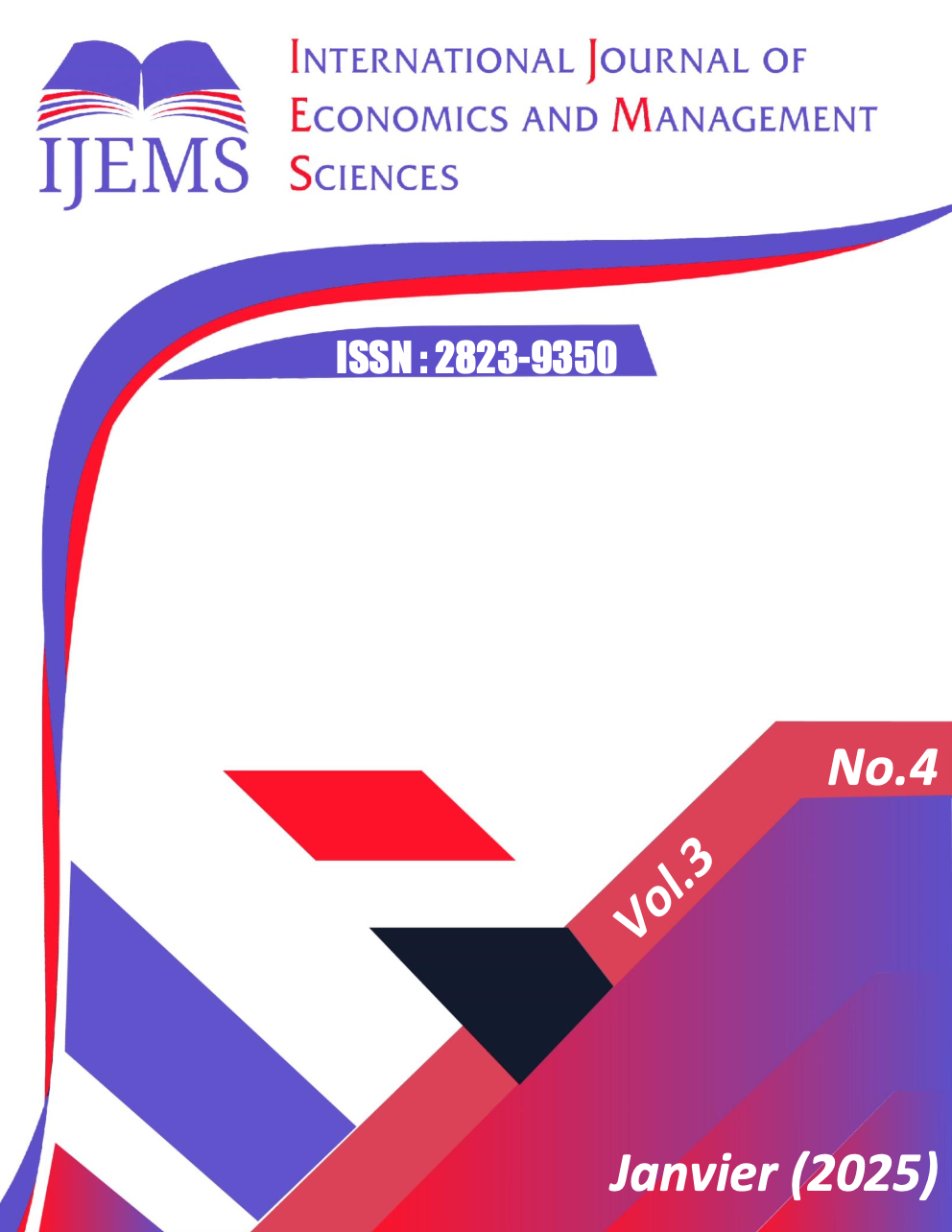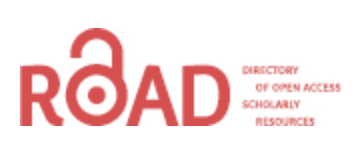The Role of Social Audit in Strengthening Corporate Social Responsibility and Ethical Practices in Moroccan Banks
Résumé
This article examines the role of social audits in enhancing Corporate Social Responsibility (CSR) and ethical practices within Moroccan banks. As the banking sector increasingly recognizes the importance of CSR, social audits emerge as vital tools for evaluating and improving social performance. The study begins by defining social audit and its significance in the context of CSR, followed by a detailed analysis of the current practices of social auditing among Moroccan banks. Using a mixed-methods approach, including interviews and surveys, the research assesses how social audits influence CSR initiatives and ethical practices. Findings reveal that banks employing social audits experience significant improvements in their CSR scores and overall transparency. The article highlights that social audits not only identify gaps in ethical practices but also foster a culture of accountability, leading to enhanced stakeholder trust and improved reputation. Moreover, it discusses the challenges faced by Moroccan banks in implementing effective social audits, such as limited resources and insufficient regulatory frameworks. The article concludes with practical recommendations for banks to enhance their social audit processes and emphasizes the potential for social audits to reshape ethical practices in the Moroccan banking sector. Overall, the study contributes to the existing literature on social audit and CSR, offering insights into the critical role these audits play in promoting ethical governance and sustainable business practices in a rapidly evolving financial landscape.


















